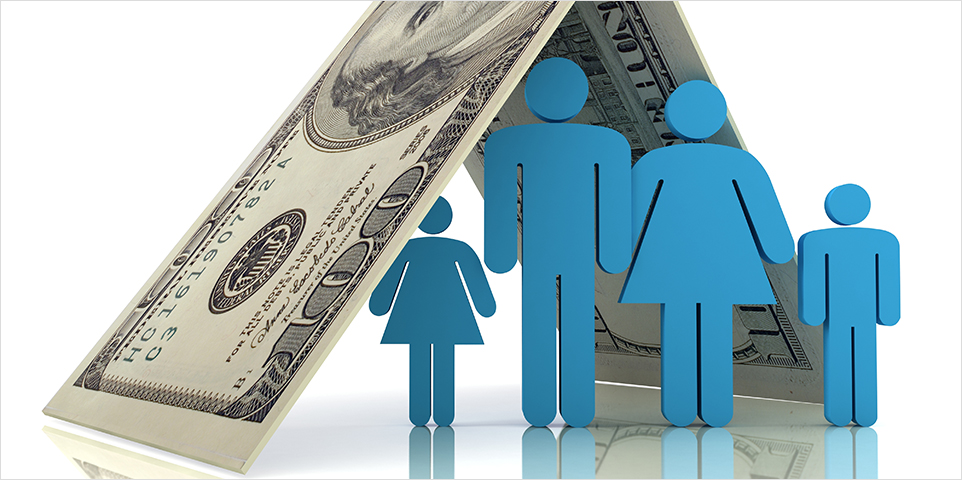If unexpected expenses come up and you can’t pay your life insurance premium, you should know the possible consequences. The effect depends on the type of policy and coverage you have and the policy terms and conditions.
Term: If you stop paying premiums, your coverage lapses.
Permanent: If you have this type of policy, you will have the following choices:
- Cash out the policy.This means that you can stop paying the premium and collect the available cash savings. You will no longer be covered by life insurance, but you will at least save some of the proceeds of the policy. You may, however, have to pay taxes on some of the cash value if the sum exceeds what you have paid in premiums.
- Non-forfeiture options.There may be a “reduced paid-up” option. This means that you can stop paying premiums completely in return for a reduced death benefit and no cash saving. You may also be able to convert the permanent policy to an extended term policy for a time period based on the accumulated cash savings in the policy.
- Policy will lapse.If this happens, see if the policy can be reinstated. Some insurers may allow this if you do it within five years of lapsing. You will most likely have to pass a physical examination for the reinstated policy and pay back the premiums you would have paid plus interest. Annual premiums for the reinstated policy may be lower than those for a new, comparable policy.
